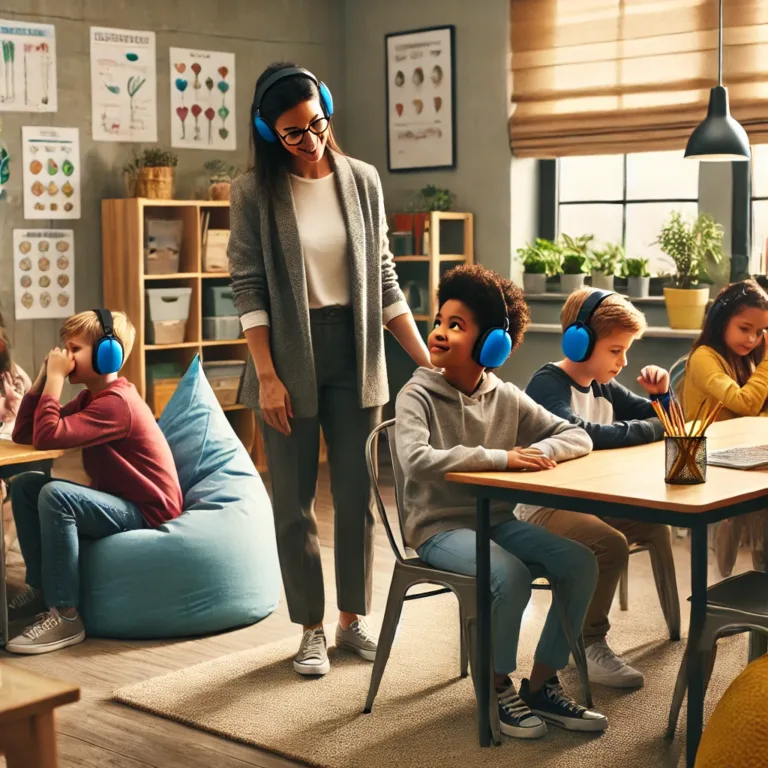No products in the cart.
The Silent Struggle: Addressing the Global Mental Health Help Gap
For young people wrestling with mental health issues, seeking help should be straightforward. The reality, however, paints a different, alarming picture. A vast number of these vulnerable youth, especially in low- and middle-income countries, don’t get the assistance they require. Here’s a deeper look into this gaping help gap. #MindTheGap
The Sobering Statistics
In many parts of the world, up to 75% of young people grappling with mental health disorders remain without assistance. This isn’t due to a lack of will or understanding of their condition, but systemic issues that bar them from seeking and receiving aid.
The Underlying Factors
- Stigma & Misunderstanding: Many societies and cultures still view mental health issues as taboo, shrouding the topic in shame and misunderstanding.
- Lack of Infrastructure: In numerous low-income countries, mental health facilities are scanty, underfunded, and overwhelmed.
- Financial Barriers: For families struggling with poverty, prioritizing mental health treatments, which can be costly, becomes challenging.
- Insufficient Training: A shortage of trained professionals means that even when help is sought, it might not be adequate or effective.
Bridging the Divide
Addressing the help gap isn’t just a moral imperative but a societal one. Investing in our young people’s mental health today ensures a brighter, more hopeful future for all. #YouthMentalHealth
- Global Collaboration: Countries and organizations can work in tandem, pooling resources and sharing best practices.
- Education & Advocacy: The more communities understand about mental health, the easier it becomes to battle stigmas and misunderstandings.
- Prioritizing Funding: Governments and NGOs need to allocate funds explicitly for developing mental health infrastructure.
Conclusion
While the statistics might be grim, the future doesn’t have to be. By taking collective, informed action, we can ensure that every young person, irrespective of where they are born, has access to the mental health resources they require. Every life is precious, and it’s high time we acted on that belief. #EveryMindMatters
Sources:
- World Health Organization (WHO): Mental Health Atlas
- Mental Health America: Access to Care Data



